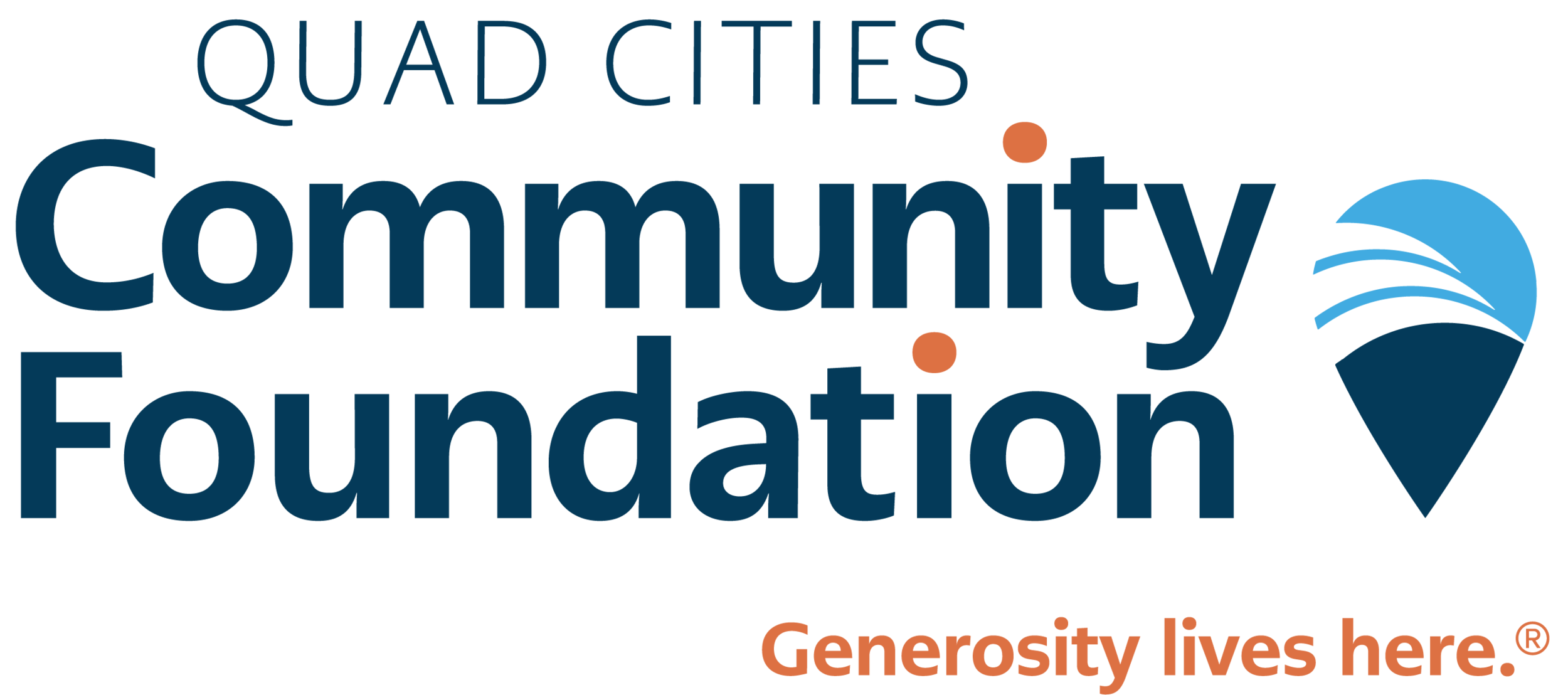$300,000 Transformation Grant will support revitalization in Rock Island
This year’s Quad Cities Community Foundation Transformation Grant has been awarded to the Martin Luther King Jr. Center to support their West End Revitalization efforts in Rock Island. The three-year, $300,000 grant will ensure this community-driven initiative has the capacity to succeed and act as a model for other neighborhoods and cities.
“The Transformation Grant is built by donor contributions to our Quad Cities Community Impact Fund,” said Sue Hafkemeyer, the Community Foundation’s president and CEO. “The grant is awarded to organizations who can drive big change. We know the MLK Center has the leadership, knowledge, and vision to make the most of this grant.”
Launched in 2022 and informed by an inclusive and participatory community assessment, West End Revitalization has the goal of building wealth, power, and livability for Rock Island’s West End community. “The West End has long contained some of the most distressed census tracts in the state of Illinois,” said Jerry Jones, executive director at the MLK Center. “Despite that, it remains a wonderfully caring and close-knit neighborhood. Those who live here are filled with unwavering pride and belief in the potential for their West End. This grant is going to help fulfill that potential.”
The initiative focuses on community engagement, personal assets & income, housing & land, community economic vitality, and infrastructure & visual appeal. “It’s a comprehensive approach,” said Thurgood Brooks, West End Revitalization coordinator. “Collectively, we envision the possibilities of better sidewalks, greater broadband access, more affordable housing, and entrepreneurial investment. It requires that residents, businesses, nonprofits, and government all talk and work together.”
To support that level of collaboration, the effort relies on an approach called collective impact and a steering committee made up of seven local experts. “Collective Impact emphasizes grassroots leadership, communication, transparency, and community engagement,” said Brooks. “It’s a model that gets people organized and engaged. It prevents us from getting stuck in a single perspective.”
The West End Revitalization steering committee consists of seven community members with a range of lived and professional experiences. “We are made up of teachers, nonprofit workers, and people working in the immigrant and senior communities. It’s a diverse and dynamic group,” said Steering Committee Member Lynda Sargent, founder of Heart of Hope Ministries. “I grew up in this neighborhood, and I have seen what it looks like when it thrives. We now have the people, the passion, and the resources to help it to thrive again.” The steering committee will present a phased project proposal to the city in early 2024.
“The MLK Center’s dedication to collective impact and to using this grant to lift up other organizations is critical,” said Kaleigh Trammell, interim director of grantmaking and community initiatives at the Community Foundation. “They’re the backbone of this project, meaning they’ll use their leadership and credibility to bring more collaborators into the effort.”
“Nonprofits are used to operating on a shoestring budget,” Jones laughed. “This trust-based, unrestricted funding is a game-changer. It brings stability, and it lets us be flexible, strategic, and more effective as we create lasting transformation in this neighborhood we love so much.”
Since 2015, the Community Foundation’s Transformation Grants have invested more than $1.5 million in local nonprofit organizations. “Our lives are all connected in the Quad Cities,” said Hafkemeyer. “The generosity of our donors is creating real change that will improve lives in the West End and ripple through the entire region for years to come.”


